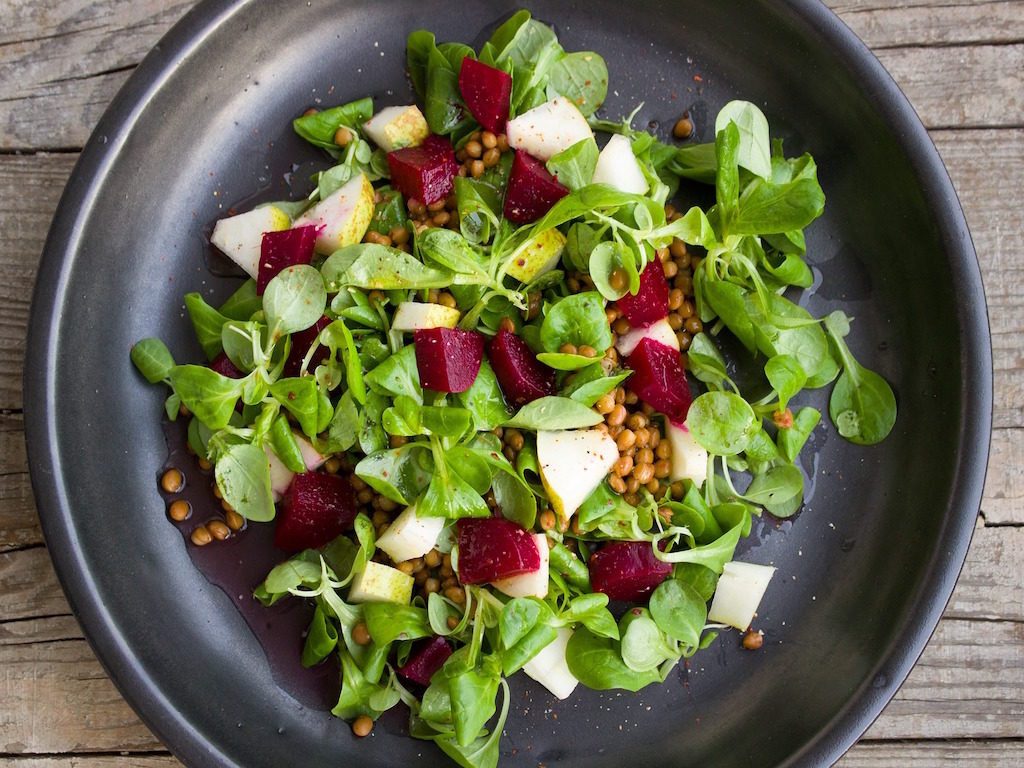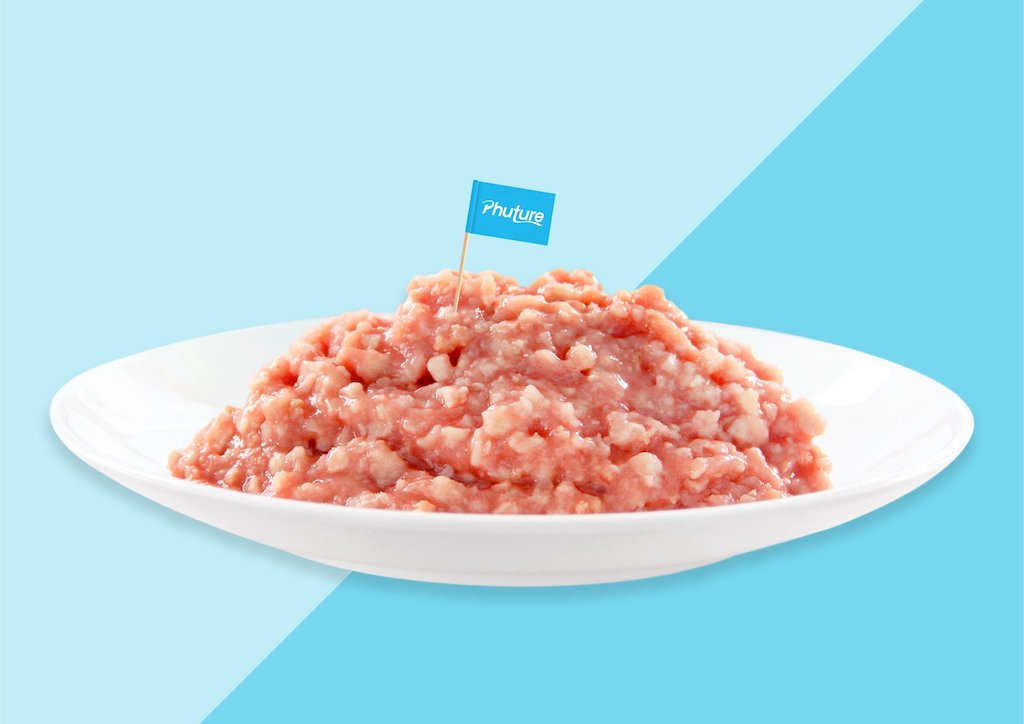Malaysia’s Newly Rebranded Veg-Hub Adds Groceries To Food Delivery Platform As Demand For Plant-Based Grows
Malaysia’s plant-based food delivery platform Zesty Clickz has undergone a total rebrand. Newly dubbed Veg-Hub, the service has grown to include the delivery of groceries and personal care products. It now stands as the self-proclaimed only all-vegan, vegetarian, and plant-based marketplace in the country.
In its first incarnation, Veg-Hub had 60 food partners signed up to the platform with a reported 6,500 users and 10,000 orders since inception. As a freshly expanded service, partners have been more than doubled, with expectations of more to follow.

Offering Malaysian consumers easy access to vegan products
Veg-Hub was founded by husband and wife entrepreneurial team Gulshan Kaur Rai and Mandeep Singh Sidhu. Rai noted the difficulty in sourcing appropriate food products for her plant-based diet. She decided to solve the issue herself and tested the water with prepared meal deliveries, under the original moniker of Zesty Clickz.
”We launched Zesty Clickz to provide ease of access to the various vegetarian and vegan restaurants for our customers in Klang Valley,” Rai said in a statement. “But we soon realised that leading a green lifestyle meant going beyond eating vegetarian or vegan food; it meant leading a sustainable lifestyle on all fronts. Veg-Hub empowers you to do just that”.
Alongside meat-free food deliveries, Veg-Hub now brings self-care and home products to consumer doorsteps. This is expected to be a popular move with the core demographic of 20-45-year-old consumers.

Gradual expansion ahead of the rebrand
Before changing the name of the platform, Rai and Sidhu gently grew the company through a number of incremental changes. A widening of the delivery radius was identified as a key driver to making consumers return to the site. Klang Valley remains the main focus area, but a move to include Penang is anticipated for later in 2022. Lowering delivery fees was a top priority, but this is yet to be confirmed.
“As one of Malaysia’s few home-grown businesses and the only one of its kind to cater to this growing market, we are excited to be at the forefront of our country’s Green Revolution,” Sidhu said in a statement. “With Veg-Hub, we are not only advocating a plant-based lifestyle but also nudging our consumers to make the shift gradually to this more sustainable way of living. Going forward, we hope to add merchandise and all things vegan, vegetarian and plant-based to our roster and become Malaysia’s largest green marketplace.”
The most popular products to date have been homemade vegan south Indian food, plant-based burgers and Chinese dishes. Brands such as Sala, The Hungry Tapir and Green Bamboo Organics have seen multiple orders. As Veg-Hub moves forward, it is seeking to prioritise locally made products.
“At the moment, in Malaysia, imported products still dominate. But in the last year, we have seen an increase in locally made products on the shelf as well,” a company spokesperson told Green Queen. “Most of the food, grocery, and self-care partners on Veg-Hub are Malaysian born and bred.”

Meat-free mindsets in Malaysia
A recent survey on plant-based food consumption in Malaysia showed that around 68 percent of respondents have eaten alternatives to conventionally animal-derived food. A shifting focus to plant protein is considered indicative of a continued growth curve for a plant-based uptick. In 2019, the market was estimated to be worth $26.29 million, with expectations to increase significantly up to 2025. Much of this is connected to pork being a meat of choice in Southeast Asia, but health becoming a priority. Consumers appear more open to the realistic pork analogues that are being developed, particularly those using soy and pea protein.
In 2020, Phuture Foods unveiled its vegan pork mince. Rolling out to restaurants initially, the product was earmarked for quick availability through retail channels as well. Developed using soy, pea and rice protein, the company claims it is a 1:1 substitution for conventional pork. It has been proven suitable for regional dishes, with dumplings and claypot beancurd recreated using the mince.
In a commercially telling move, Nestlé opened a new production facility in Malaysia, last year. Harvest Gourmet, Nestlé’s flagship plant-based brand is produced there, with local retailers supplied, alongside stock manufactured for export.
Lead photo by E_wMuwvt at Unsplash.



